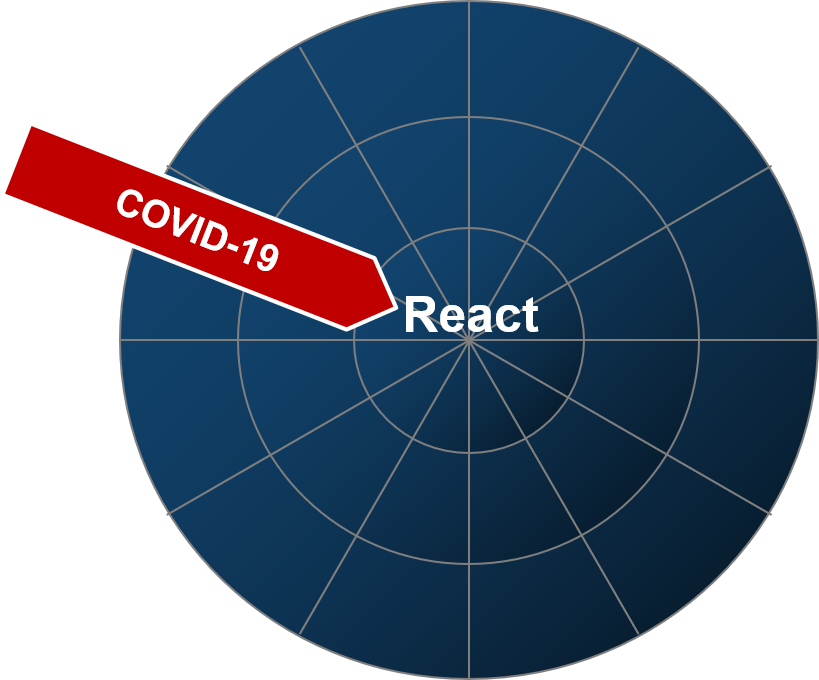Planning in a Wicked World
No, this is not a commentary on morality. It’s the beginning of a weekly series on structure and decision making in a world without precedent. If you want to receive the series via email please go to www.mindprep.com and signup for our newsletter.
First, some simple explanations.

- “Kind” environments have repeating patterns and feedback is accurate and rapid. Therefore, decision making can often improve with added experience. You can learn “the rules of the game” and become an expert by developing expert intuition. Examples of people in this environment range from chess masters to golf professionals to fighting suburban house fires to business strategists in 2019.
- “Wicked” environments exist where the rules of the game are often unclear, feedback is spotty at best, and patterns are lacking or not obvious. Expertise-based thinking may be helpful or, more likely, will lead you astray because it is based on a past that no longer exists (and will likely not return). Planning and decision making in this environment is anything but routine and intuition must be challenged. This is the environment we are living in right now with the pandemic. The “new normal” is and will be very wicked.
Wicked! Now what?
So, what do we know for sure about operating in a wicked environment? Here are a few thoughts.
- Looking at this from a military perspective, it’s analogous to being caught in an ambush. Standing still is not an option. You must move, but your boss is not in any position to tell you if that move is left, right, forward, or back. The managers, those closest to the action, will be expected to act.
- How can we reopen business? Well, since your experience is based on past patterns, you will have to think outside your experience. You will have to consider more points of view or, better yet, find a cross-function group of like souls to help you. Think for a moment about the government’s problem of opening the economy. We need doctors, epidemiologists, business leaders, legislators, social scientists, and others to come together and think outside of their expertise to create a reasonable plan.
- We have to think critically about the future and be prepared to decide and act. This means that we must sense the signals of tomorrow, make sense of these signals, decide on a course of action, and then act on these decisions faster than ever before. We refer to these four responsibilities as the Sense-Response Cycle™.
- All of us will make mistakes because none of us have been through this before. All of us are learning and we will have to run the Sense-Response Cycle faster than we want. The key is to develop the will and methods to learn from our mistakes and move forward quickly.
What’s next?
As mentioned above, this is the beginning of a weekly series focused on planning and decision making, given the reality of living in a wicked world.
We’re just trying to help you think through this mess. Please help us by engaging us with your comments and questions.
Never miss out!
Get an email update every time I publish new content. Be the first to know!
